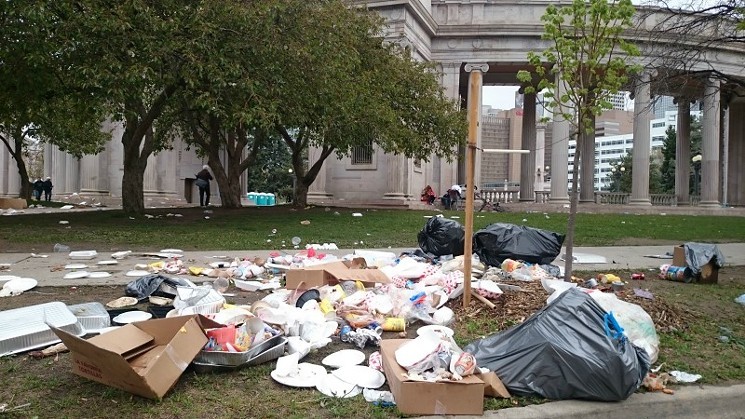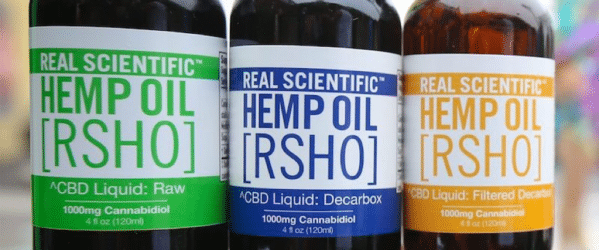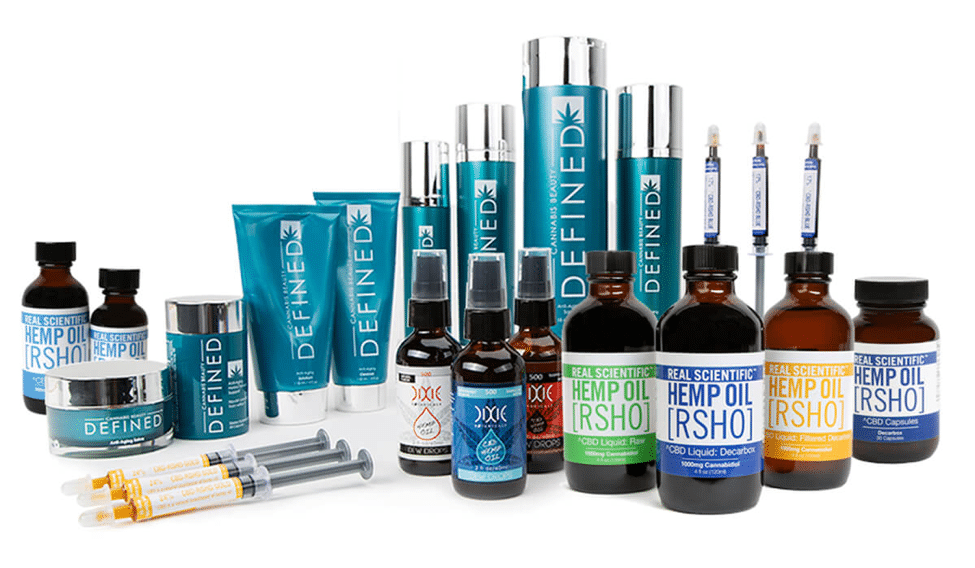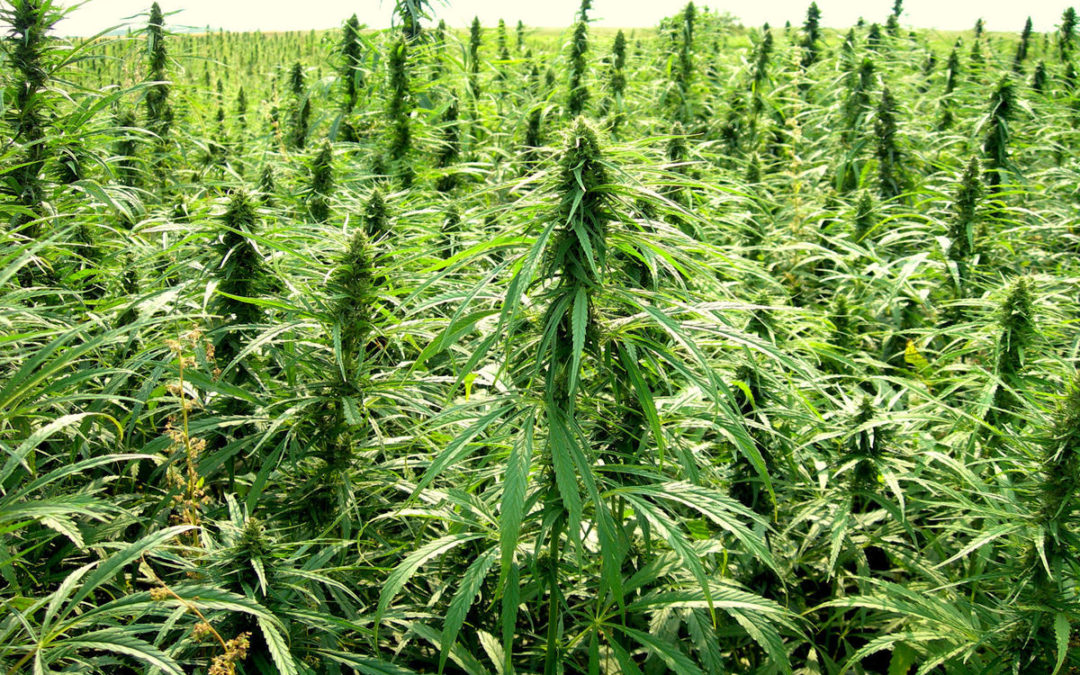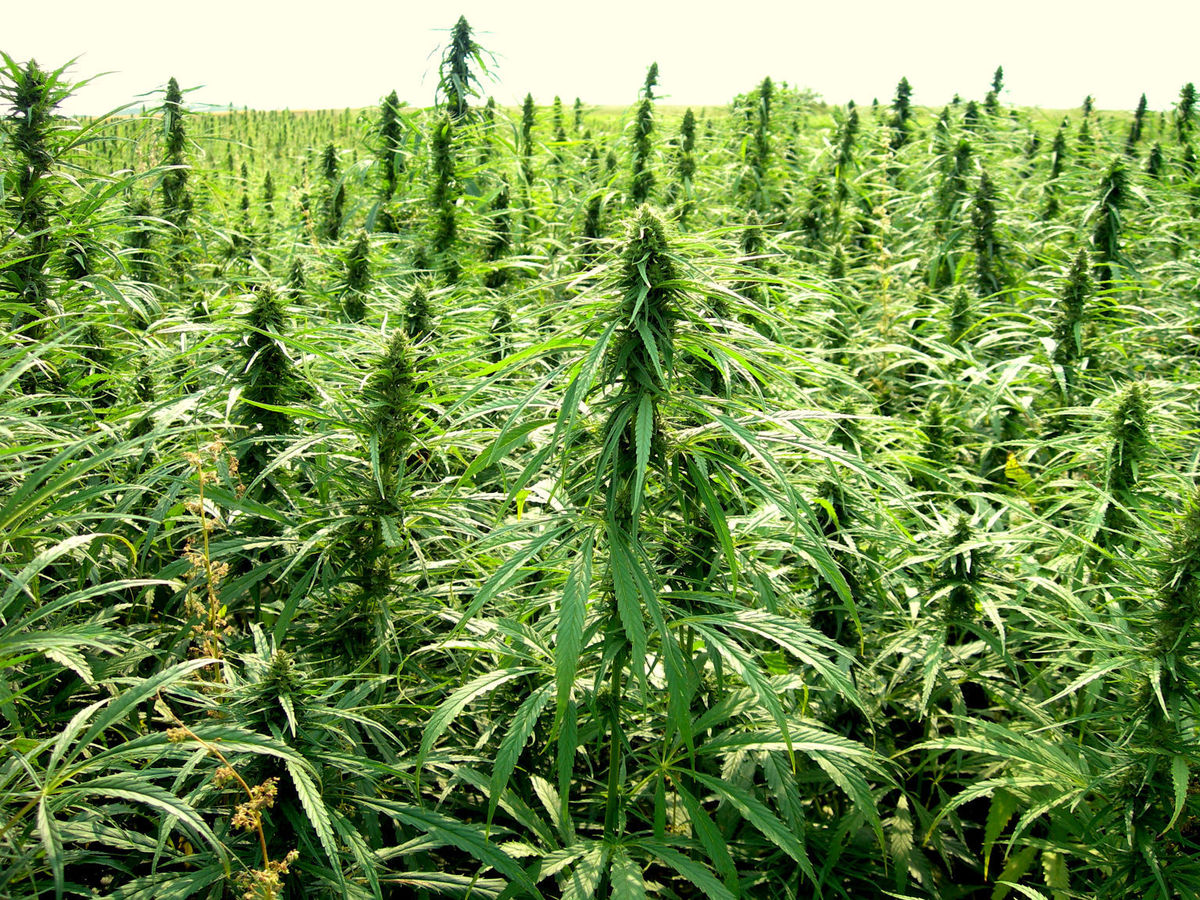
How Greg Gamet Became a Cannabis Business Legend

In 2008, Greg Gamet walked into Cultivate Colorado to buy his first set of grow lights and equipment. Eight years later and he is a legend in the cannabis industry, and a pioneer in the world of legal cannabis.
What started as a small grow in a basement evolved into one of the first cannabis businesses in Colorado. While his Dank Dispensary thrives, Gamet has pushed the envelope further with his other businesses including a consulting firm, a child-safe cannabis storage company and the creation of CannaScore, a revolutionary cannabis compliance software.
Godfather of Legal Cannabis
Greg started growing cannabis in his basement prior to Colorado’s legalization initiative, which put him in a prime position to make a move on the new industry upon the eventual passing of Amendment 64. If anybody knows firsthand how to handle the ever-changing laws of the Colorado cannabis landscape, it is Greg Gamet.
At the beginning of his journey into the recreational industry, Greg was faced with the hardship of being one of the first to apply for permits and licenses through the city of Denver. While warehouses were being bought left and right by others in the industry, Greg took his time to learn the regulations and changes he would need to make to be more successful than those jumping in head first.
Regulation and Growth
While the industry was growing and changing constantly, the vast amount of grey area within the regulatory system began to grow as well. While many were tempted and went for the easy way out by taking advantage of the flawed system, Greg and his team never ventured away from, “It’s probably legal.”
The financial issues that arose from his endeavor led to Greg eventually reaching out to potential investors for aid. And as those who were compliant came together to grow the industry through mutual partnerships, the industry began to normalize. Greg described it best, saying, “It’s above board now. You can have a conversation at the bar while you’re drinking your beer at a normal, normal level and not worry about somebody overhearing you and getting turned in, because you have a home grow. So, the knowledge started sharing.”
Diversifying Cannabis
After establishing a foot-hold within the industry, Greg branched off from growing to start Kush Bottles, a regulated, child-safe cannabis storage container company in California. The creation of Kush Bottles led to the eventual creation of and joining with the Denver Consulting Group, a major player in the current cannabis compliance field.
With the two companies now together, Greg and his team helped local dispensaries and others become more compliant, whether with building permits and limitations or aiding in the design and compliance of packaging.
Today, Greg Gamet spends his time travelling around to various conferences and speaking at panels as an expert in the cannabis industry. What started as a landscaping job turned grow-op in his basement has evolved, branched out, and grown into a far-reaching name that is known throughout the industry.
Expanding Horizons
Greg’s next venture is Gold Flora, a massive operation in California with over 600,000 square feet of cultivation and manufacturing space. With a new recreational market rapidly growing and facing road-blocks in the golden state, Greg is ahead of the game in regards to research.
With his already vast knowledge of the recreational industry in Colorado, Greg’s experience will be a welcomed relief to those struggling to combat the strict new regulations facing California’s cannabis entrepreneurs. Denver Consulting Group has also expanded its reach to the west coast, bringing the industry knowledge of the some of the biggest players in the legal market with it to cover Greg and his ventures.
A Legend
The legal cannabis landscape is constantly changing. The pressures of state and local governments as well the ever-looming federal status of cannabis makes being an entrepreneur in the industry all the more stressful. People like Greg Gamet are the silent saints of the cannabis industry, the knowledge and experience he carries creating the path to success for many that have come after him.
It would not be an overstatement to say that Greg Gamet is one of the leaders responsible for the major growth and expansion of the recreational cannabis industry, and he will continue to the lead the industry for years to come. Greg is every cannabis entrepreneur; he started in his basement and saw the opportunity to grow his business as the laws changed. He faced the hardships when they started, so those that try to become part of the booming industry now no longer must face them alone.


